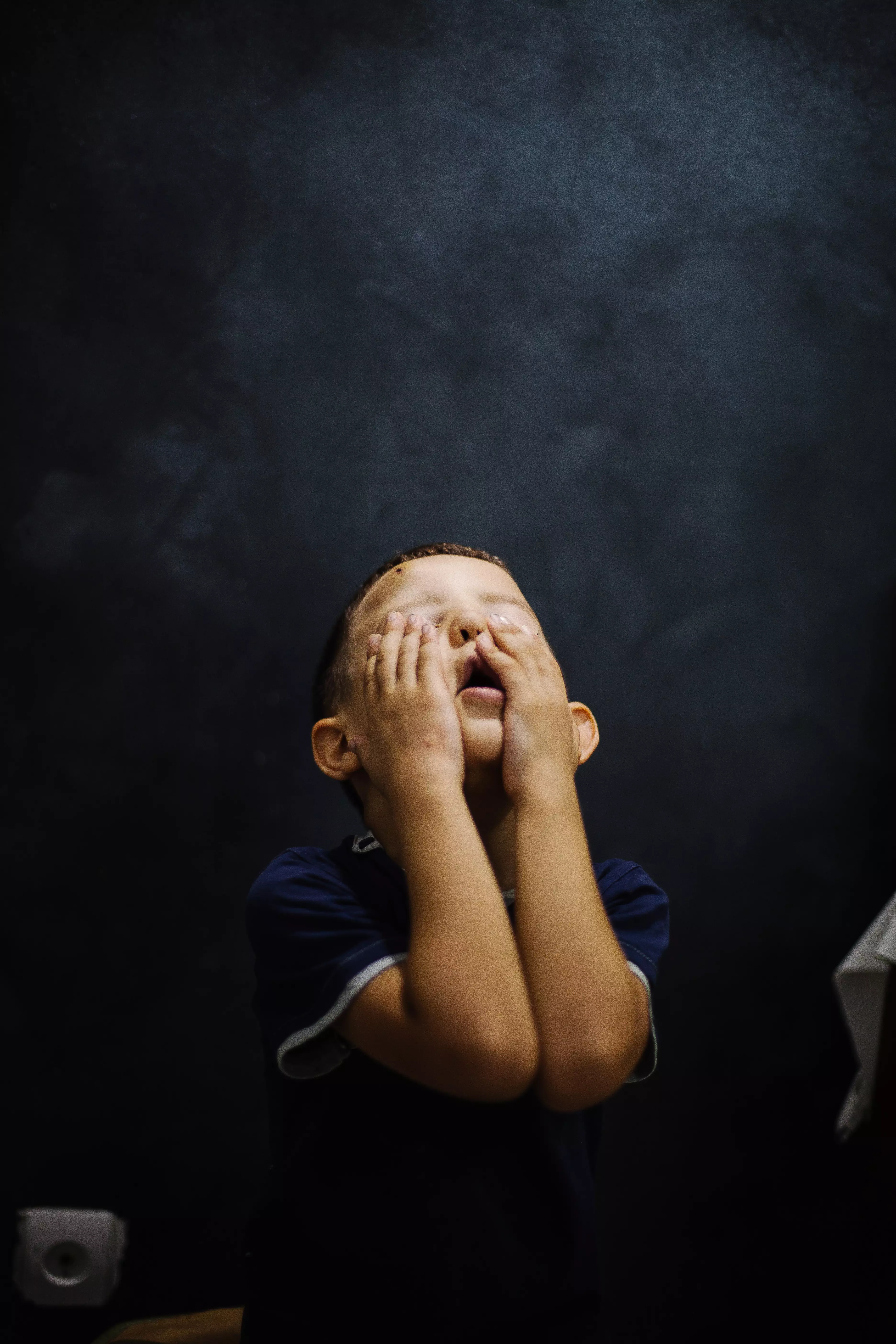Children and secondhand smoke: Fetal and neonatal development
Exposure to secondhand smoke is harmful to everyone, but it is especially dangerous to children who are still in the womb and to newborns. Tobacco contains many toxic substances that can cross the placenta and damage the developing fetus. After birth, infants continue to be exposed to tobacco smoke through second-hand smoke inhaled from the environment. Let's take a look at how secondhand smoke affects fetal and neonatal development.
Effects on fetal development
Smoking during pregnancy is a well-documented risk factor for fetal health and development. Moreover, there is evidence that secondhand smoke also negatively affects fetal development. Exposure to secondhand smoke increases the risk of miscarriage, premature birth and low birth weight of the baby. These health problems can lead to long-term health problems for the child, such as heart disease, type 2 diabetes and obesity in later life.
Effects on newborn health
After birth, infants continue to be exposed to tobacco smoke through second-hand smoke, which is often present in homes where cigarettes are smoked. Secondhand smoke is strongly associated with Sudden Infant Death Syndrome (SIDS), the most common cause of death in infants between the ages of one month and one year. Tobacco smoke is also linked to a higher risk of respiratory infections, such as otitis media and pneumonia, which are common causes of infant hospitalization.

Breastfeeding problems
There is evidence to suggest that secondhand smoke can affect a mother's ability to breastfeed. Exposure to tobacco smoke can reduce breast milk production and shorten the duration of breastfeeding. Since breastfeeding has many health benefits for both mother and child, the effects of tobacco smoke on breastfeeding present additional health concerns.
Long-term effects
The long-term effects of prenatal and early childhood exposure to secondhand tobacco smoke are still being studied. However, there is evidence that children exposed to secondhand smoke may later have learning and behavioral problems, as well as a higher risk of heart disease, lung cancer and other serious illnesses.
Summary
Secondhand smoke poses a serious threat to the health of developing fetuses and newborns. Children exposed to secondhand smoke during prenatal and early childhood are at risk for a number of serious health problems that can affect them throughout their lives. Every step should be taken to prevent exposure
 smokefreeamericas.org
smokefreeamericas.org smokefreeamericas.org
smokefreeamericas.org